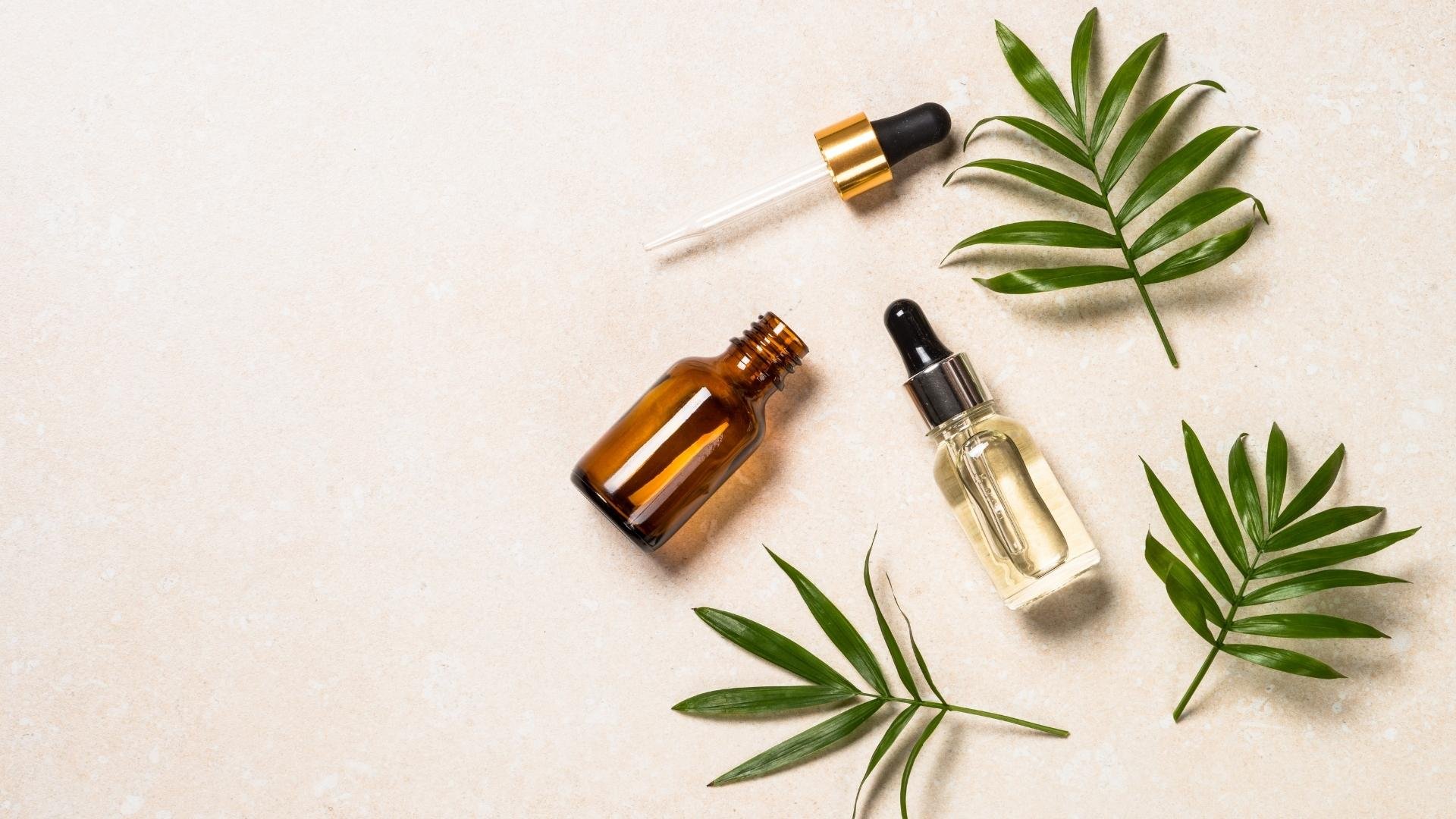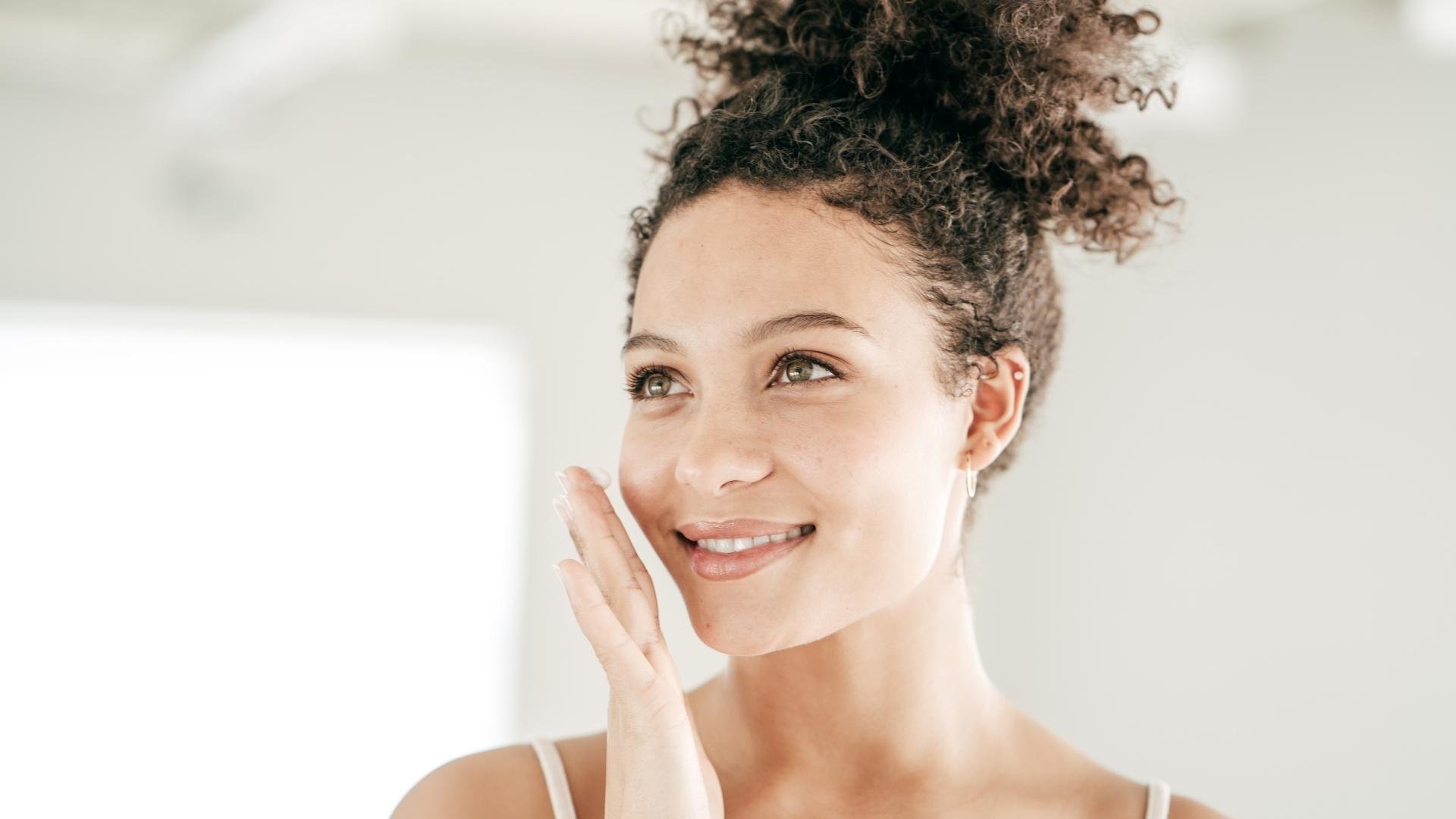Retinol 101: Everything You Need to Know About Retinol
Many people, especially women, constantly worry about maintaining an excellent condition of their skin. It's not very hard, but the tricky part lies in finding the right skincare products. Luckily, some things do the trick, such as anti-aging serums.
Most, if not all anti-aging serums, contain retinol. Retinol helps maintain skin condition by boosting collagen production and providing essential nutrients for maintaining skin elasticity and a bright appearance.
In this article, we'll go into detail about retinol. Read on below to get started.
More about Retinol
Retinol is a vitamin A derivative in the retinoid family. Retinoids benefit your skin in many ways. They regulate oil production, prevent breakouts, and enhance skin cell turnover. Retinoids also boost collagen production, even skin tone, and prevent fine lines. For this reason, more and more people are taking up using it.
Retinol is the most potent form of vitamin A and should only be used at night. It should be applied to clean skin, and the skin should be well-hydrated before application. For long-lasting and best results, it is best to use it as directed. Retinol is often sold in several strengths and should be applied regularly, in small amounts.
Retinol has two significant benefits:
It helps to unclog pores by exfoliation and controlling sebum production.
It also helps repair sun damage by stimulating the skin's repair mechanism.
Where to Find Retinol
Retinol is available in many forms, such as serums, creams, gels, or even in combination with other products such as moisturizers. You can buy retinol from dermatologists and medical spas, but it can be costly. This is why it’s also a good idea to purchase retinol from reliable online sellers.
The Do's and Don'ts of Using Retinol
Do:
Always moisturize your skin before applying retinol products.
Always use the right amount of retinol product. Never use too much.
Don'ts:
Never use retinol if you are pregnant.
Never use retinol before bed. Retinol must be applied in the evening.
Never use retinol if you have sensitive skin. Talk to a dermatologist first before doing so.
Tips on Using Retinol
To make sure you get the best results, it’s recommended that you use retinol no more than once a day. If you experience redness, bumps, or itchiness, immediately discontinue the use of retinol. Start with a low concentration product and build up if you are new to retinol. If you have sensitive skin, you may also want to use a mild cleanser. This ensures that you won't get too much sensitivity from the retinol.
Side Effects of Using Retinol
While retinol is a very effective ingredient, it does have some side effects. Long-term use of retinol may lead to skin sensitivity. Retinol may also cause redness, itching, rashes, and irritation. Some people may also experience redness, peeling, red blotches, or increased sun sensitivity. If this happens, stop using it immediately and talk to your doctor.
Choosing the Right Retinoid
The choice of retinoid is critical. It should always be based on your skin type. If you have sensitive skin, you should choose mild retinoids. This means that products with retinol between 0.01%-0.04% are mild, and those with retinol between 0.05%-0.1% are moderate. High concentrations of retinol are usually only available with a prescription, and these should never be used if you have sensitive skin.
If you have oily skin, you should choose retinol products containing retinol between 0.03% and 0.1%. If you have dry skin, you should choose retinol products containing retinol between 0.1% and 0.2%.
While retinol is the most popular variant, you can also try other retinoids. These include retinyl acetate, retinyl palmitate, retinaldehyde, tretinoin, and tazarotene. They all offer the same benefits and may even be more effective for some people.
Retinol Restart Rejuvenation Cream
This retinol based cream contains peptides clinically proven to strengthen the skin's structure to lift and firm skin, improving elasticity and reducing wrinkles.
• Moisturizes
• Reduce Fine Lines & Wrinkles
• Increase Firmness & Elasticity
• Reduce Pigmentation
Conclusion
Using retinol can benefit your skin, but it can also damage it if it's misused. Everyone has different skin and reactions to products, so it is always best to be cautious when using any new products, retinol included.
If you’re looking for anti-aging products online, Kim Gallo Esthetics has got you covered! We have a diverse range of selections, such as creams, cleansers, makeup, and many more. Simply go to our website and take your pick!



